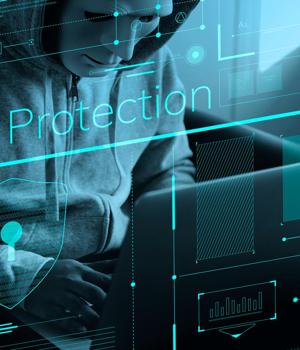Security News > 2000 > November > Bill Punishes Crypto

http://www.securityfocus.com/news/108 By Kevin Poulsen October 26, 2000 3:36 PM PT WASHINGTON--Criminals who use encryption to conceal their wrongdoing will get harsher sentences than those who stick to plaintext, under computer crime legislation pending in the Senate that's attracted opposition from at least one civil liberties group. "The provision is objectionable because it stigmatizes the use of encryption, suggesting that it is somehow worse to use this method to conceal a crime than to use other methods," wrote the ACLU in a letter sent to the Hill on Wednesday. "Such a policy reflects the now discredited view that encryption is dangerous and must be contained." The Internet Integrity and Critical Infrastructure Protection Act of 2000 is sponsored by Senators Orrin Hatch (R-UT), Patrick Leahy (D-VT) and Charles Schumer (D-NY). It was injected into an unrelated bill that creates a national medal of valor for public safety officers, in the kind of last-minute shuffling typical of the final days of a congressional session. In addition to creating the new sentencing enhancement, the legislation would empower federal agents to use wiretaps and bugs when investigating computer crimes, allow for civil forfeiture of property in computer crime cases, and add computer hacking to the list of offenses for which juveniles could be tried federally. The prospect of broadening wiretap powers is particularly frustrating to privacy advocates who were eyeing a competing House measure that would have actually tightened controls on electronic surveillance. "The bill expands law enforcement wiretapping and necessarily will increase the interception of innocent conversations," says ACLU attorney Greg Nojeim. "It rejects the balanced approach of the House judicatory committee." The organization also opposes federalizing juvenile computer crime, arguing that the states are better equipped to handle juvenile justice. But a former federal prosecutor says that taking children to federal court may be a necessary evil. "Just try to get a local or state prosecutor to go and do a computer crime case," says Matt Yarbrough, a veteran of several hacker cases. "The prosecutors haven't been trained for it, and most of the police officers like to do what they're comfortable with." Moreover, says Yarbrough, now an attorney with Vinson & Elkins in Dallas, computer crime cases inevitably cross state lines, making federal court the proper place for handling them regardless of a suspect's age. "I'm just not sure that they have the capacity or capability to handle a juvenile computer crime case." On the enhanced sentence for criminals who use encryption, the former prosecutor sides with the ACLU. "Everyone should be encrypting," says Yarbrough. [Text of bill S.2448] http://thomas.loc.gov/cgi-bin/bdquery/z?d106:s.02448: *==============================================================* "Communications without intelligence is noise; Intelligence without communications is irrelevant." Gen Alfred. M. Gray, USMC ================================================================ C4I.org - Computer Security, & Intelligence - http://www.c4i.org *==============================================================* ISN is hosted by SecurityFocus.com --- To unsubscribe email LISTSERV () SecurityFocus com with a message body of "SIGNOFF ISN".